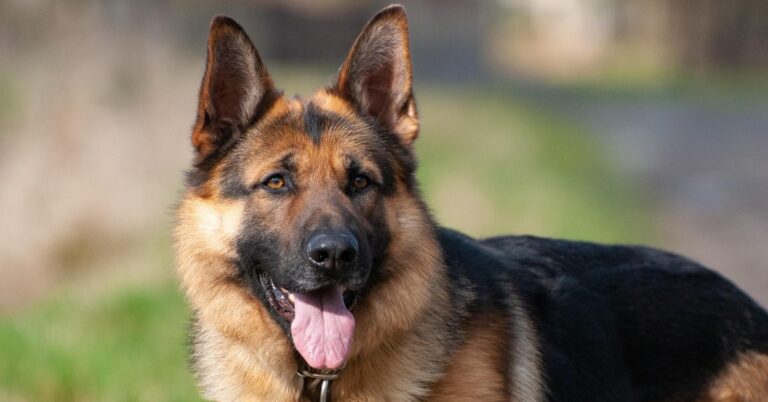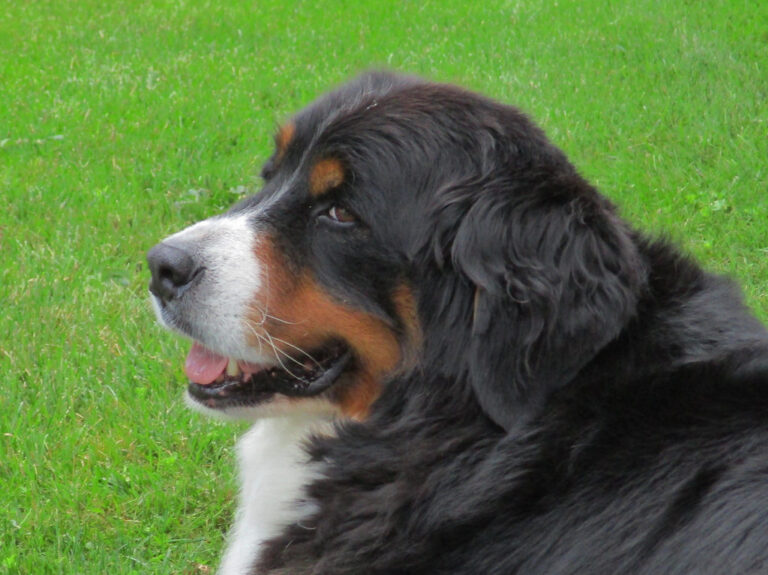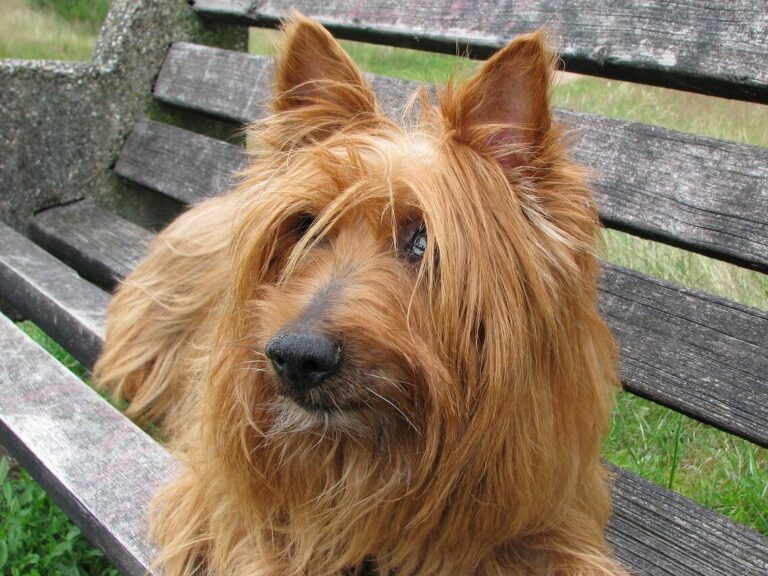10 Small Pups With A Reputation For Good Health

Some small dogs may look delicate, but plenty of pint-sized pups are tough as nails. These little companions pack big personalities and, in many cases, impressive health. While no dog is completely free of vet visits, certain breeds tend to dodge common issues and enjoy long, active lives. If you’re looking for a pet with a track record for good health, these ten small pups might just be your perfect match.
Havanese

The Havanese is a hardy toy breed with a strong immune system and few genetic health concerns. They have long lifespans, often reaching their mid-teens. Unlike many small dogs, they’re less prone to respiratory or joint issues. Lastly, a balanced diet and routine vet care help keep them healthy for years.
Papillon

With ears that resemble butterfly wings, the Papillon is a healthy breed that reaches 14–16 years, with minimal genetic issues, which include seizures and luxation. While their petite frame needs careful handling, regular dental care, exercise, and vet checkups keep them energetic and thriving well into their senior years.
Miniature Schnauzer

Miniature Schnauzers stand out as a healthy breed with a lower risk of genetic health problems than many small dogs. However, it is prone to Schnauzer comedo syndrome, pancreatitis, and bladder stones if not fed a balanced diet. Moreover, their wiry double coat reduces shedding, minimizing the risk of skin allergies.
Border Terrier

Originally bred for hunting, the Border Terrier has an impressively resilient immune system. Its wiry coat shields against allergens and harsh weather, while sturdy bones minimize fractures. With an average lifespan of 12–15 years, this small dog is prone to Canine Epileptoid Cramping Syndrome, a neurological disorder.
Bichon Frisé

The Bichon Frisé is a lively little puffball with a lifespan that often stretches 14 to 16 years. This cheerful breed stays sprightly well into old age, though they do suffer from diseases like anemia and a few gall bladder issues. Their coat is low-shedding but needs consistent grooming to prevent skin issues.
Cavalier King Charles Spaniel

Despite its regal history, this breed stays surprisingly strong. A well-maintained diet wards off weight-related conditions, and early heart screenings prevent common genetic issues. Most importantly, with proper veterinary care, Cavaliers remain lively and affectionate for up to 14 years.
Lowchen

Dubbed the “Little Lion Dog,” the dog has enjoyed centuries of good health. Minimal shedding reduces allergy risks, while a natural resistance to hip dysplasia sets it apart from other toy breeds. Also, this breed is susceptible to health issues like patellar luxation, which can be avoided with regular vet checkups.
Japanese Spitz

This breed has an impressive immune system, except that they are prone to runny eyes and a few other common issues. Despite their cloud-like coat, they’re surprisingly low-maintenance, as their fur repels dirt and rarely develops odors. Additionally, keeping an eye on their teeth helps prevent dental woes.
Smooth Fox Terrier

The Smooth Fox Terrier is a lively, sturdy breed known for its good health and long lifespan, often reaching 12–15 years. With minimal grooming needs and strong genetics, they rarely face major health issues. However, they can be prone to deafness and eye disorders like cataracts, requiring responsible breeding and regular vet checkups.
Basenji

Ancient and nearly maintenance-free, the Basenji generally suffers from hypothyroidism and dermatitis. Free of the usual doggy odor and excessive shedding, this self-grooming breed stays clean and allergen-friendly. While they can be prone to Fanconi syndrome, responsible breeding has helped reduce its prevalence.





